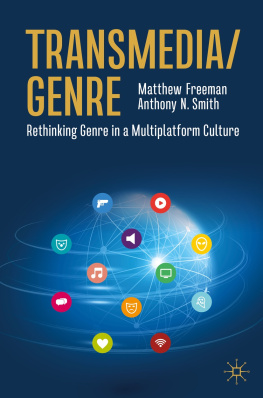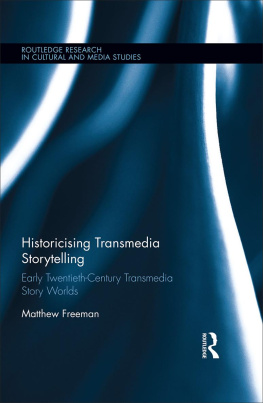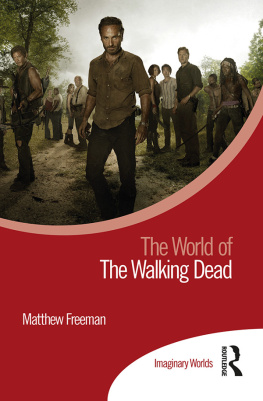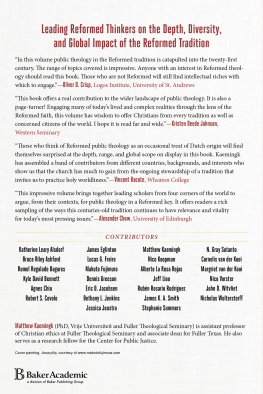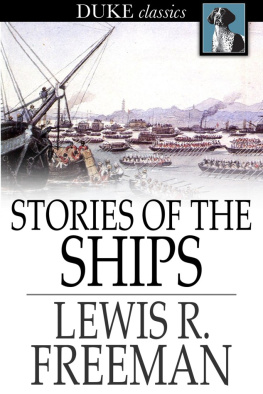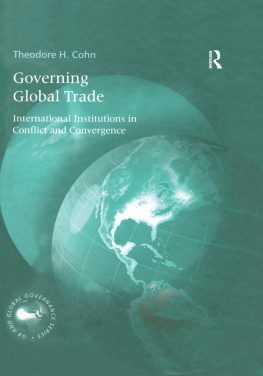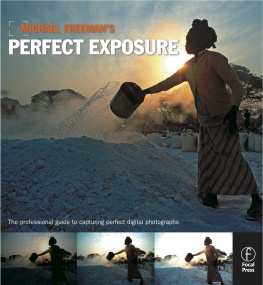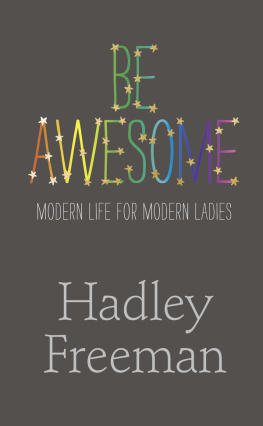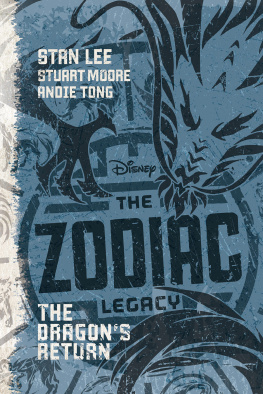
Global Convergence Cultures
Todays convergent media industries readily produce stories that span multiple media, telling the tales of superheroes across comics, film and television, inviting audiences to participate in the popular universes across cinema, novels, the Web and more. This transmedia phenomenon may be a common strategy in Hollywoods blockbuster fiction factory, tied up with digital marketing and fictional world-building, but transmediality is so much more than global movie franchises. Different cultures around the world are now making new and often far less commercial uses of transmediality, applying this phenomenon to the needs and structures of a nation and rethinking it in the form of cultural, political and heritage projects. This book offers an exploration of these national and cultural systems of transmediality around the world, showing how national cultures including politics, people, heritage, traditions, leisure and so on are informing transmediality in different countries. The book spans four continents and twelve countries, looking across the UK, Spain, Portugal, France, Estonia, USA, Canada, Colombia, Brazil, Japan, India and Russia.
Matthew Freeman is Reader in Multiplatform Media at Bath Spa University, UK, where he is also Co-Director of the Media Convergence Research Centre. He is the author of Historicising Transmedia Storytelling: Early Twentieth-Century Transmedia Story Worlds (2016) and Industrial Approaches to Media: A Methodological Gateway to Industry Studies (2016).
William Proctor is Senior Lecturer in Media, Culture and Communication at Bournemouth University, UK. He has published on numerous topics of popular culture and is the author of Reboot Culture: Comics, Film, Transmedia (2018) and the co-editor of Disneys Star Wars: Forces of Production, Promotion and Reception (2019).
Routledge Advances in Internationalizing Media Studies
Edited by Daya Thussu, University of Westminster
15 Asian Perspectives on Digital Culture
Emerging Phenomena, Enduring Concepts
Edited by Sun Sun Lim and Cheryll Ruth R. Soriano
16 Digital Politics and Culture in Contemporary India
The Making of an Info-Nation
Biswarup Sen
17 European Media Policy for the Twenty-First Century
Assessing the Past, Setting Agendas for the Future
Edited by Seamus Simpson, Manuel Puppis, and Hilde Van den Bulck
18 Everyday Media Culture in Africa
Audiences and Users
Edited by Wendy Willems and Winston Mano
19 Children and Media in India
Narratives of Class, Agency and Social Change
Shakuntala Banaji
20 Advancing Comparative Media and Communication Research
Edited by Joseph M. Chan and Francis L.F. Lee
21 Childcare Workers, Global Migration and Digital Media
Youna Kim
22 Media Imperialism in India and Pakistan
Farooq Sulehria
23 Global Convergence Cultures
Transmedia Earth
Edited by Matthew Freeman and William Proctor
For a full list of titles in this series, please visit www.routledge.com.
First published 2018
by Routledge
711 Third Avenue, New York, NY 10017
and by Routledge
2 Park Square, Milton Park, Abingdon, Oxon OX14 4RN
Routledge is an imprint of the Taylor & Francis Group, an informa business
2018 Taylor & Francis
The right of the editors to be identified as the authors of the editorial material, and of the authors for their individual chapters, has been asserted in accordance with sections 77 and 78 of the Copyright, Designs and Patents Act 1988.
All rights reserved. No part of this book may be reprinted or reproduced or utilised in any form or by any electronic, mechanical, or other means, now known or hereafter invented, including photocopying and recording, or in any information storage or retrieval system, without permission in writing from the publishers.
Trademark notice: Product or corporate names may be trademarks or registered trademarks, and are used only for identification and explanation without intent to infringe.
Library of Congress Cataloging-in-Publication Data
CIP data has been applied for.
ISBN: 978-1-138-73238-4 (hbk)
ISBN: 978-1-315-18847-8 (ebk)
Typeset in Sabon
by codeMantra
Toby Miller
Transmedia storytelling is both ordinary and extraordinary, ancient and modern, mundane and fun, normal and transformative. Why?
Cultural work has always covered a multiplicity of terrains. Marxism first lived in the form of pamphlets, journalism, correspondence and meetings, as well as academic treatises. Dickens novels emerged from chapters published in magazines. From its very first days, Hollywood drew on plays, paintings and novels; once sound became standard, playwrights and other writers were hired to produce dialogue for cinema.
Many studio stars also worked in radio, frequently reprising or anticipating their roles in cinema, and music transmogrified with radios advent from printed scores to recorded formats. Newspaper reporters, especially gossip columnists, doubled as broadcasters, and distance education via the radio blended forms almost a century ago. Prior to the domination of sealed radio sets, choral-response genres produced by leftists proliferated workers changed the texts they were listening to by speaking back to them (Johnson 1988), with Brecht (2000) an early champion and dramaturg.
Sometimes new cultural technologies seemed threatening rather than obviously additive and accretive. The televisualization and suburbanization of the United States after the Second World War initially appeared to imperil the movie industry because theatrical attendances quickly waned. But then it became apparent that twenty years of films hitherto disregarded as back catalog, and seemingly doomed to oblivion or second-run and repertory houses had potential new lives when screened on television. Something similar happened, of course, when deregulation and satellite technology thrived, starting in the 1980s. Established television networks and genres were thought to be in real trouble. But television shows themselves began new lives because thousands of hours of programing were needed in hundreds of countries, and the major powers stood ready to sell them. Television had become the warehouse of culture (Newcomb 2005).
Today, YouTube is doing for the culture industries what television did from the 1950s finding new ways for Hollywood and its kind to get free marketing (in the case of so-called piracy) and new audiences for old programs. Its a warehouse, too.
Meanwhile, the cross-pollination of media and genres continues: autobiographies signed by athletes, celebrities and politicians are excerpted in newspapers, continuing a long tradition. Genres such as talent quests have morphed between the stage, radio and television into their current Newspeak life as reality shows. Newspapers, magazines, radio stations and television networks produce podcasts for the delectation and demographic targeting of their audiences. Reporters for NBC also generate copy in the form of spoken, filmed and written material for US affiliates, international CNBC stations and MSNBC. They frequently do so minus the old retinue of a producer, cinematographer and sound recordist to accompany them on location shooting. Museums vend toys, maps, books, paper, postcards, games and other merchandising, both as forms of income and surveillance and in order to engage their visitors.



